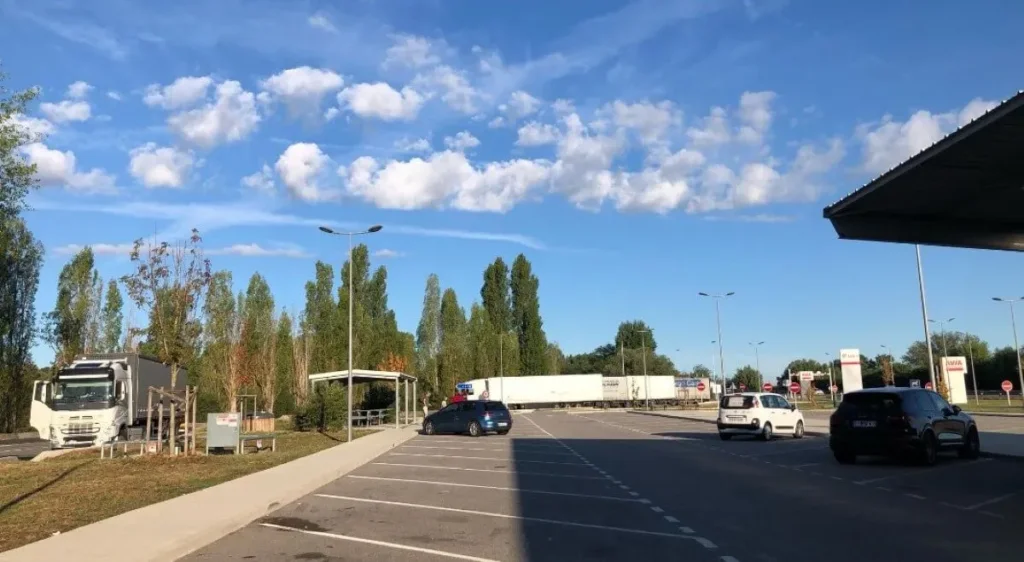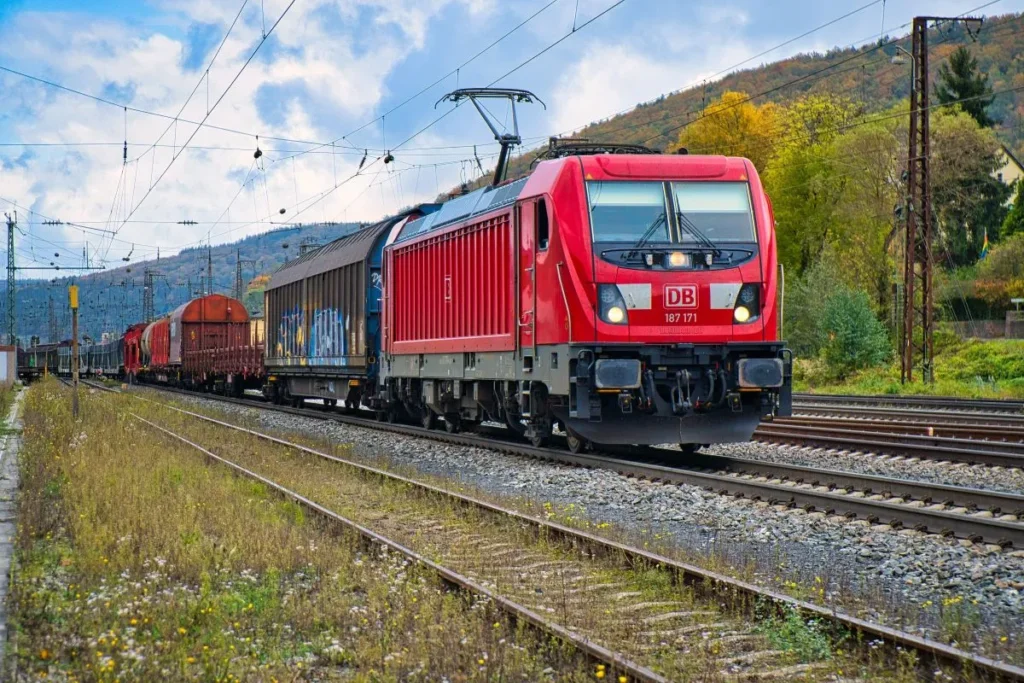Smart tachographs enable the monitoring of drivers’ work and rest times. However, the lack of recognition of smart tachographs in Ukraine had forced hauliers to install mechanical tachographs in new trucks alongside digital ones. Without access keys—issued exclusively to EU member states—smart devices were rendered unusable.
Thanks to an agreement reached on January 17 during a meeting of the Joint Committee, Ukrainian hauliers will now be able to fully utilise smart tachographs under the transport liberalisation agreement.
“For this purpose, the European Commission will provide the competent Ukrainian authorities with cryptographic materials for issuing tachograph cards for drivers, workshops, companies, and regulatory bodies,” the Ukrainian Ministry of Development stated.
Additionally, a working group has been established to assess the effectiveness of implementing unlicensed transport and ensuring that Ukrainian hauliers gain full access to the use of smart tachographs. This group will include representatives from both Ukraine and EU countries. It will address all problematic issues related to the scope of the EU-Ukraine transport agreement, conduct consultations, and seek mutually beneficial solutions at an expert level.
“Road transport ensures Ukraine’s economic stability, as it primarily facilitates the export of domestically produced goods with added value. Equally important, it allows us to import goods essential for our citizens and businesses via trucks. Therefore, it is crucial to create conditions for the sustainable operation of the Agreement on the Liberalisation of Freight Transportation, which is vital for both Ukraine and the EU,” said Oleksiy Kuleba, Deputy Prime Minister for the Reconstruction of Ukraine and Minister of Communities and Territorial Development (pictured on the right).
Deputy Prime Minister Kuleba also noted that, thanks to transport without permits, Ukraine’s road exports to the EU have increased by 42 percent, while imports from EU countries to Ukraine have risen by 37 percent.
“The future of transport in Europe lies in the absence of permits, and our goal is to make liberalisation permanent, without the need to extend the Agreement,” he emphasised.
To recall, in June 2024, Ukraine and the European Union extended the Agreement on the Liberalisation of Freight Transport. This agreement allows for the implementation of bilateral and transit cargo transportation without the need to obtain permits.



